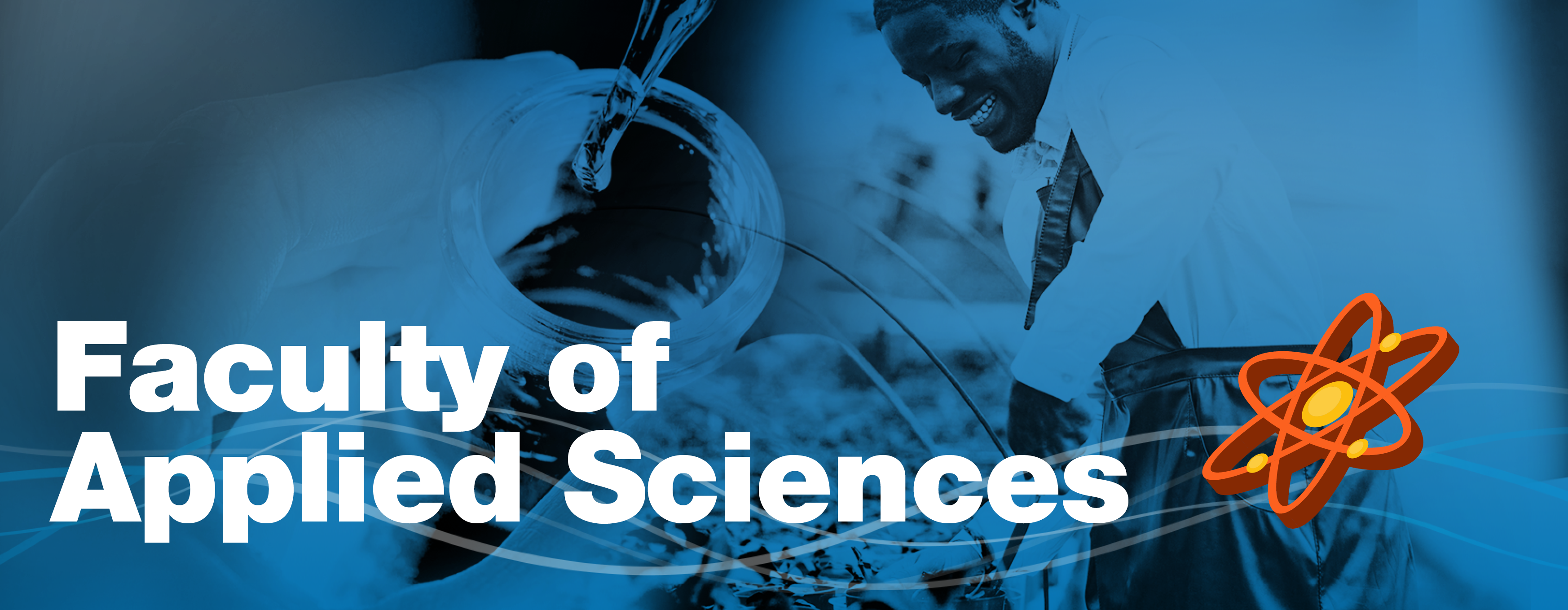
DIPLOMA IN FOOD TECHNOLOGY (ECP)
Course Aim:
Food technology is the scientific study of the large-scale production and preservation of foods as well as the development and analysis of foodstuffs in industrial food processing facilities.
Food technologists are involved in the following areas of food manufacture: quality assurance, processing technology, chemistry and microbiology. In addition, they are trained to ensure that both legal and industrial food standards are monitored and maintained prior to marketing. They are also part of research teams and have to solve technical problems when raw materials are converted to preserved foods in factories. Training takes place in modern, on-campus food processing facilities and well-equipped laboratories with motivated and well-qualified staff with a wealth of industrial and teaching experience. This facilitates the training of analytically-orientated graduates for a role in the development, production and analysis of better, safer, nutritious and more satisfying food products. The course also provides the opportunity for further study – completion of an additional year (fourth year) culminates in a B Tech in Food Technology.
Opportunities:
With population growth, new scientific and technological challenges present themselves daily in a career that can lead to rich rewards and excellent job opportunities, for both men and women. Graduates apply proven techniques and procedures to the production, analysis, development and packaging of safe, nutritious and innovative food products involving a range of technical, engineering and managerial problems and solutions. Qualified food technologists are employed in industrial food manufacturing concerns, such as bakeries, beverage manufacturers (soft drinks, beer and wine), bottling plants, canning companies, dairies,
fish and meat processors. They are involved in production, quality assurance, and product development. Research opportunities exist in companies, as well as in research institutions.
The ND Food Technology also encourages an entrepreneurial spirit through the integration of appropriate business skills and incentives within the mainstream programme. The technical skills acquired should enable entrepreneurially-minded individuals to identify and develop viable business opportunities.
Admission requirements:
National Senior Certificate (Grade 12) with:
English: Home Language or First Additional Language (4)
Subject to space, students may be admitted to the ECP if they have at least 45% (3.5) in two of the following subjects:
. Mathematics
. Physical Sciences
. Life Sciences
provided they score at least 50% (4) in one of these subjects.
The department utilises an Admission Point Score (APS) as selection criteria once your minimum admission requirements are satisfied. You also have to score a minimum of 27 for the Extended Curriculum Programme course on APS
Undergraduates
For all Certificate, Diploma and National Diploma applications, consult the General admission requirements.
Some courses require students to submit additional information as part of their application.
General admission requirements
Postgraduates
For all Honours, Masters and Doctorate applications, consult the Postgraduate admission requirements.
General admission requirements
Syllabus and fees
Please note:
The fees reflected here are for the 2024 academic year, and are subject to change for 2025.Please confirm the final fee amount by contacting the relevant Faculty Office or contact person as listed at the bottom of this page.
Compulsary subject(s)
Compulsary subject(s)
SEMESTER ONE (JAN-JUN)
Compulsary subject(s)
SEMESTER TWO (JUL-NOV)
Compulsary subject(s)
Offering type: FULL-TIME: BELLVILLE CAMPUS
For any queries get in contact with:
Mrs L van Wyk
+27 21 9596818
Mrs C Booyse
+27 21 9596236
NOTE: The fees in this prospectus are for the 2024 academic year and are provided to assist you in your planning.
Disclaimer
This information is subject to change based on approval and accreditation of HEQSF aligned qualifications.
Admission requirements may therefore differ between the existing qualification and the HESQF aligned qualification. Every effort has been made to ensure the accuracy of the information on this page; however the University reserves the right at any time, if circumstances require, to make changes to any of the published details.